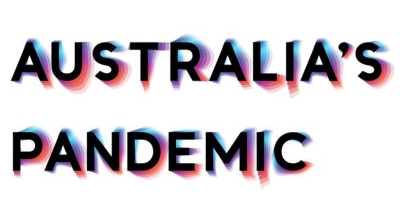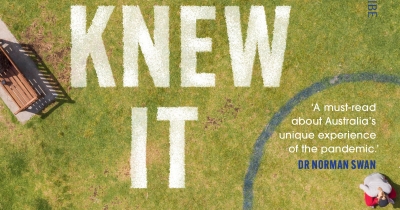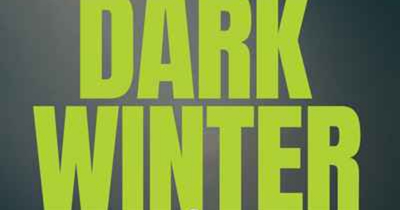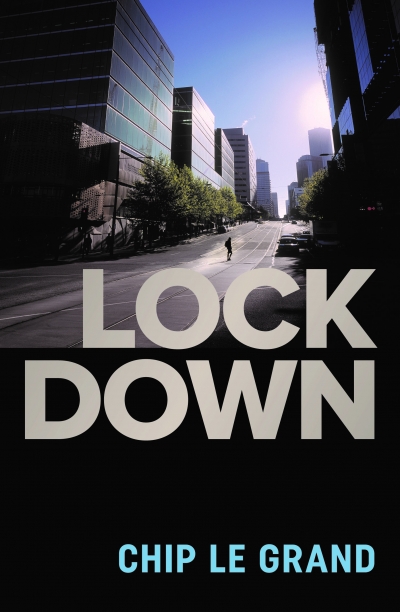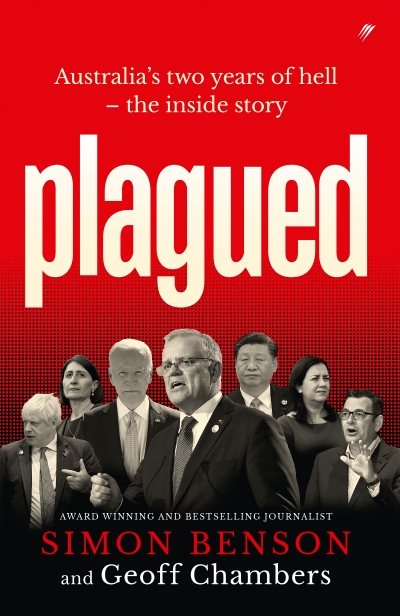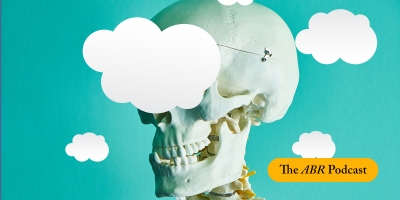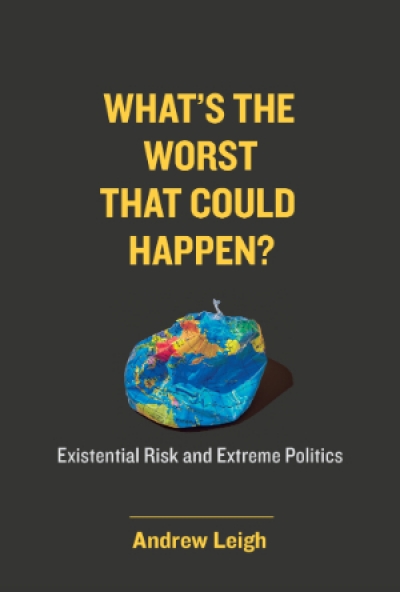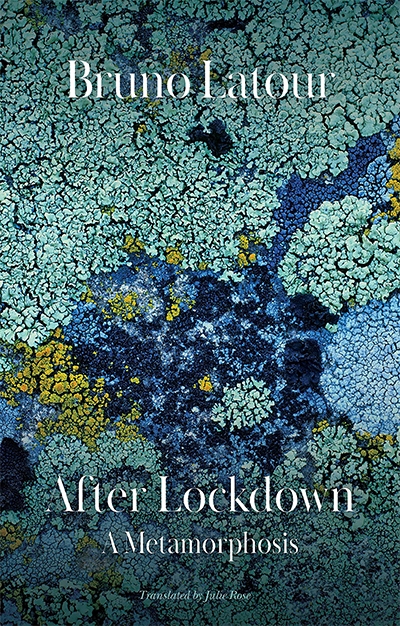Accessibility Tools
- Content scaling 100%
- Font size 100%
- Line height 100%
- Letter spacing 100%
Pandemic
The ABR Podcast
Released every Thursday, the ABR podcast features our finest reviews, poetry, fiction, interviews, and commentary.
Subscribe via iTunes, Stitcher, Google, or Spotify, or search for ‘The ABR Podcast’ on your favourite podcast app.
The red thread: Xi Jinping’s ideology of power
by Neil Thomas
This week on The ABR Podcast, Neil Thomas reviews On Xi Jinping: How Xi’s Marxist Nationalism is shaping China and the world by Kevin Rudd. Thomas explains that even China watchers find it hard to be clear on the thoughts and plans of the leader of the Chinese Communist Party. They disagree, he tells us, on basic, critical questions, such as for how long Xi will rule. ‘Enter Kevin Rudd’, Thomas writes. ‘In his latest book, former prime minister Kevin Rudd adds a worthy new chapter to his life of public service, digesting thousands of pages of “Xi Jinping Thought” so that you do not have to’. Neil Thomas is a Fellow on Chinese Politics at Asia Society Policy Institute’s Center for China Analysis in Washington DC. Here is Neil Thomas with 'The red thread: Xi Jinping's ideology of power' by Neil Thomas, published in the December issue of ABR.
Recent episodes:
Australia’s Pandemic Exceptionalism: How we crushed the curve but lost the race by Steven Hamilton and Richard Holden
Life As We Knew It: The extraordinary story of Australia’s pandemic by Aisha Dow and Melissa Cunningham
Dark Winter: An insider’s guide to pandemics and biosecurity by Raina MacIntyre
Plagued: Australia’s two years of hell – the inside story by Simon Benson and Geoff Chambers
Few phrases captured the atmosphere of lethargy and disorientation in which many of us lived under lockdown as ‘brain fog’. The term has come to denote a whole range of symptoms – from fatigue and forgetfulness to anxiety and an inability to focus – that serve as an historical marker for our Covid moment. Yet, as literary scholar Thomas H. Ford observes, the malaise is far from unique to the twenty-first century. In this episode of The ABR Podcast, listen to Ford as he traces the history of cognitive fuzziness, revealing the persistent concerns about mental overwork of which ‘brain fog’ is only the latest diagnosis.
... (read more)The Australian summer was once again a story of Covid. Just as things were slowly reaching a state of ‘Covid-normal’, Omicron came along to present us with new, decidedly unwelcome, challenges. Despite Omicron, our summer did not pass by without one of its most defining features: sport. Many events went ahead as planned, not least the Australian Open tennis tournament.
... (read more)It was, inevitably, in a Zoom meeting that I first noticed the phrase. A colleague, excusing some minor oversight, explained it away with the words: ‘Sorry, Covid brain fog.’ Although I hadn’t consciously registered the expression before, I knew exactly what she meant.
... (read more)

